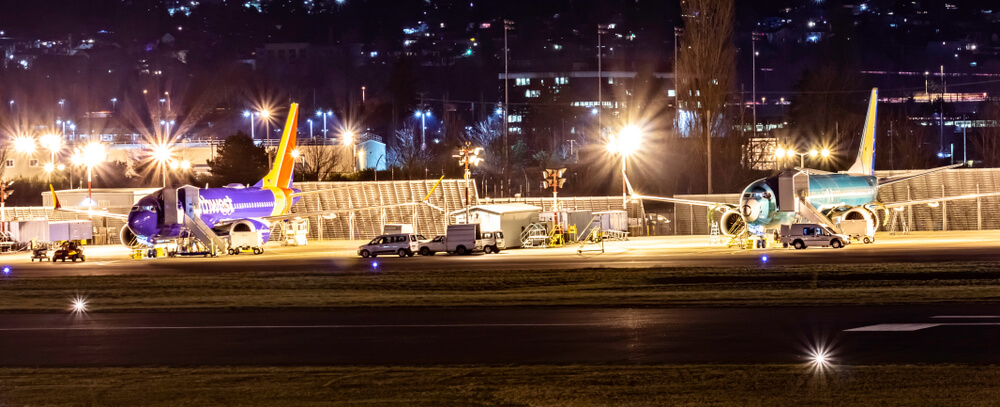As the groundings of the 737 MAX continue and cash reserves are draining at Boeing due to the fact that production is still running on other aircraft programs, the company is reportedly seeking to borrow $10 billion or more, according to reports by Reuters, citing sources close to the matter.
Just before the company announced its Q2 2019 financial results in July 2019, it took a $4.9 billion charge, citing “potential concessions and other considerations to customers for disruptions related to the 737 MAX grounding and associated delivery delays.” However, more unhappy customers are lining up to claim compensation from the manufacturer due to the prolonged grounding, including American Airlines (A1G) (AAL) and Southwest Airlines (LUV) , two long-standing customers of Boeing.
The sum of compensation is expected to rise further as the crisis related to the aircraft is rumbling on. The Chicago-based manufacturer is set to announce its Q4 2019 financial results on January 29, 2020, which will shed further light on Boeing’s current financial situation.
Boeing posted record low delivery numbers in 2019. The company’s financial reserves are draining as plane manufacturers get paid the majority of the aircraft’s price when they deliver the jet. For the two Original Equipment Manufacturers (OEM) of jets, namely Airbus and Boeing, the narrow-body segment is crucial:
In 2019, Airbus delivered 863 aircraft. 690 of them were single-aisle jets, accounting for almost 80% of the company’s total deliveries. In 2018, before the 737 MAX was grounded, Boeing completed 806 aircraft shipments to airlines, 580 of them representing the 737 program, including the older generation, the NG. Boeing’s narrow-bodies amounted to 72% of total deliveries to customers in 2018.
Reportedly, production finally halted at Renton, Washington (United States) facilities, where the 737 MAX is currently built, as Boeing’s engineers completed frames that were already started.
The 4th #737MAX for @BuzzAirOfficial
— Woodys Aeroimages (@AeroimagesChris) January 20, 2020
7895 SP-RZD 737-8 200 Buzz pic.twitter.com/4XqAb3L7If
AeroTime approached Boeing for comment.

